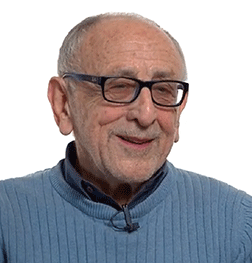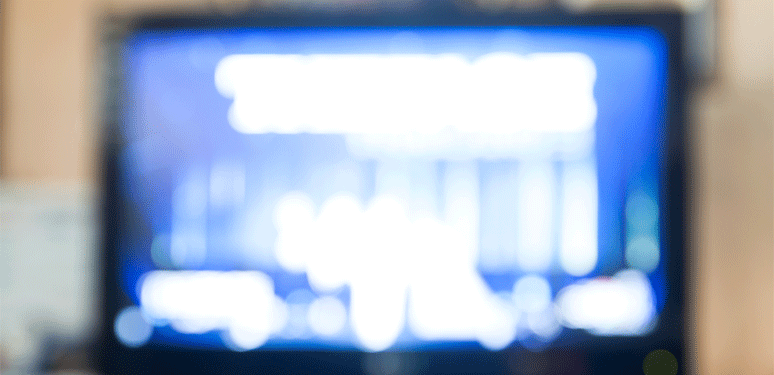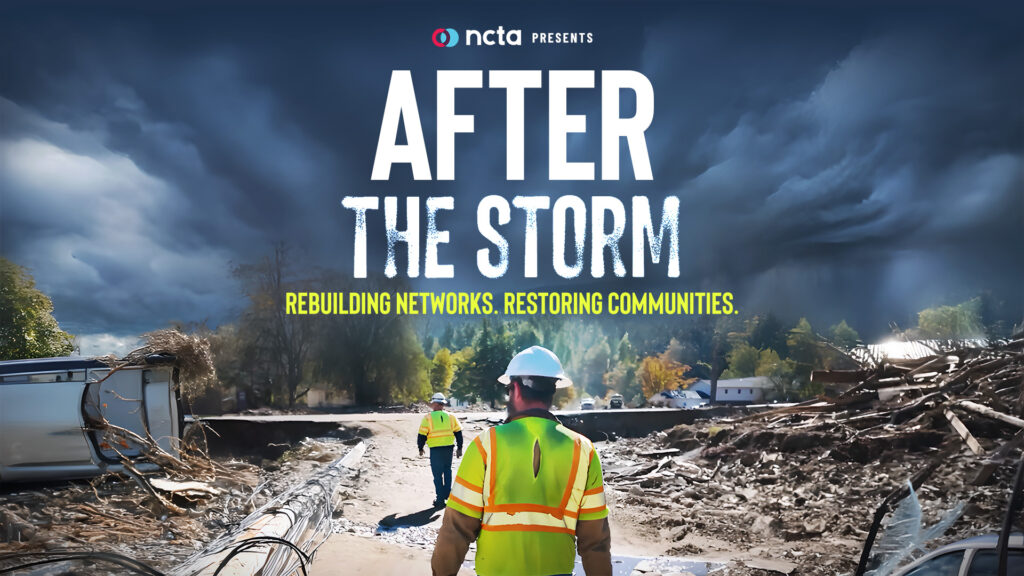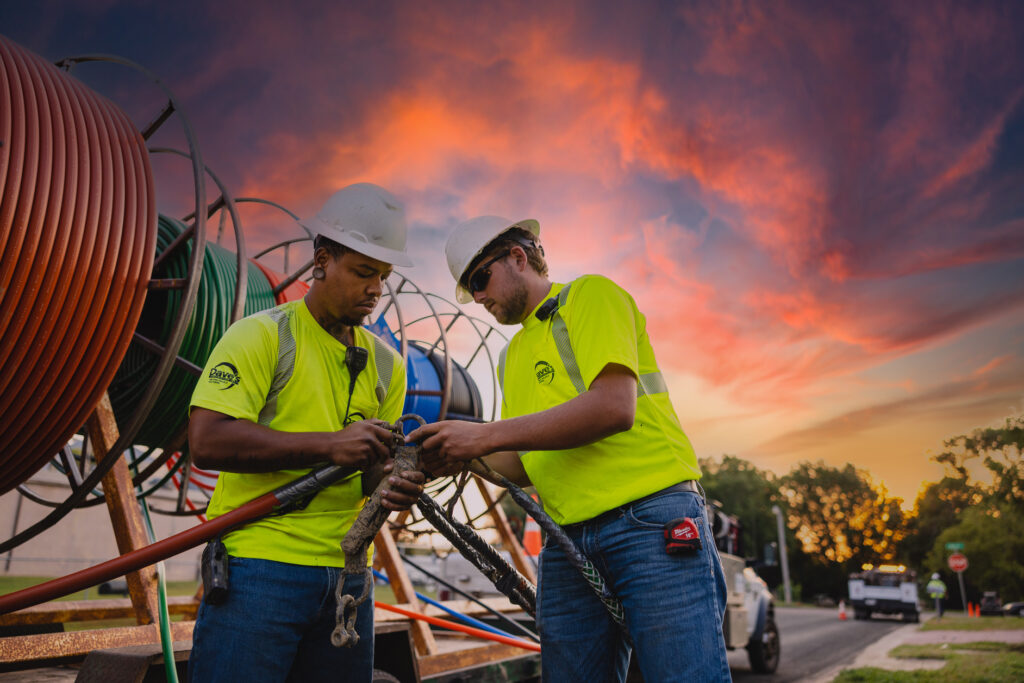 Last month, NCTA had the rare opportunity to sit down with a long-time TV and entertainment writer at the TV Critics Association Press Tour to get his take on the media landscape and how TV coverage has changed over the span of 50 years. Ivor Davis is a British entertainment journalist, author and veteran TCA member who, as he put it, has “seen a few things” in his career over the past five decades. Gone are the days when many newspapers assigned their top journalists to topics that ranged from Robert Kennedy’s presidential bid, touring with The Beatles, to interviewing some of the biggest names in show business—all of which Davis managed to cover at the height of his career. According to Davis, today it would be nearly impossible for one person to cover just the TV beat, let alone other news areas at the same time.
Last month, NCTA had the rare opportunity to sit down with a long-time TV and entertainment writer at the TV Critics Association Press Tour to get his take on the media landscape and how TV coverage has changed over the span of 50 years. Ivor Davis is a British entertainment journalist, author and veteran TCA member who, as he put it, has “seen a few things” in his career over the past five decades. Gone are the days when many newspapers assigned their top journalists to topics that ranged from Robert Kennedy’s presidential bid, touring with The Beatles, to interviewing some of the biggest names in show business—all of which Davis managed to cover at the height of his career. According to Davis, today it would be nearly impossible for one person to cover just the TV beat, let alone other news areas at the same time.
Take a look at some of the highlights from our conversation below:
How has television coverage changed in your view in your 50+ years of experience?
It has changed so dramatically, you wouldn’t believe it. When I started covering television, there were maybe four broadcast networks. Today, it’s an avalanche. It’s incredible, but you need six people [in a media organization] to cover the industry as well as we were able to cover it with just one person, 40-50 years ago. You also have to decide what you want to see. You have to be choosey. Finicky. And you have to choose a particular genre. Whether that’s streaming. Mini series. Movies for television. One person can’t do it anymore. It has exploded almost 50 times since I started out in the ’70s. If you work for an organization with a large staff, then that might work. One might cover movies, someone else covers series TV, someone else can cover comedy. But this year, one person can’t cover the whole bowl of wax.
So does this mean that more people are covering the TV and entertainment industry today than in the past?
Well the field has definitely grown in different ways. But what has also changed dramatically is that when I started out, no one had a glowing machine in front of them. If you go into a press session today, you’ll see a room full of glowing iPads, desktops, whatever. That is the way people are coping [with the quick pace and enormous menu of TV options]. They write instantaneously and publish online. Compare that to when I started out, when the computer was a dream.
How has your work process changed throughout the years?
The technology has been fantastic [in this regard]. I’m writing a new book right now, and I used to spend 28 hours a week in the library looking at yellow clippings. Now I can go online and find 90 percent of what I’m looking for in the comfort of my own office. For me, it’s terrific. The demand for electronic content has quadrupled or more. I think it’s exciting. But the thing you have to realize is that I am one person. If I want to cover the industry the way I used to, it’s impossible. I need help.
What do people want to watch today? Or what are they hungry for?
There’s a real hunger for people to tell them what to look for. People really do need a tour guide for TV. As a critic, you have to gage the value and write about what you think interests readers and people on the internet. You are the taste tester.
What kind of TV do you like to watch?
I like documentaries when they are well made. American entertainment is embracing documentaries more than ever. I come from England, where documentaries were always royalty. In America they weren’t, they were the orphan. Now [American] documentaries are fascinating. There’s so much coming out. It’s almost an embarrassment of riches. I also listen to what my son or my daughter tell me to watch, like Killing Eve. And there are shows that you get hooked on. I like some of the British imports to America. But to complete the circle, you need a TV tour guide, someone who knows your mind. Instead of a butler, you’re going to hire a “tv tester.” We have TV critics. But it’s such a huge field to cover.
Let’s fast forward five years into the future. How will the TV industry look?
No idea, but a great story that’s well told will still work. Whether it’s a drama, a comedy. A great story told brilliantly and passionately will work. What’s being given to us now is a huge feast of material, and everyone has to be selective about what they choose to eat and view.








